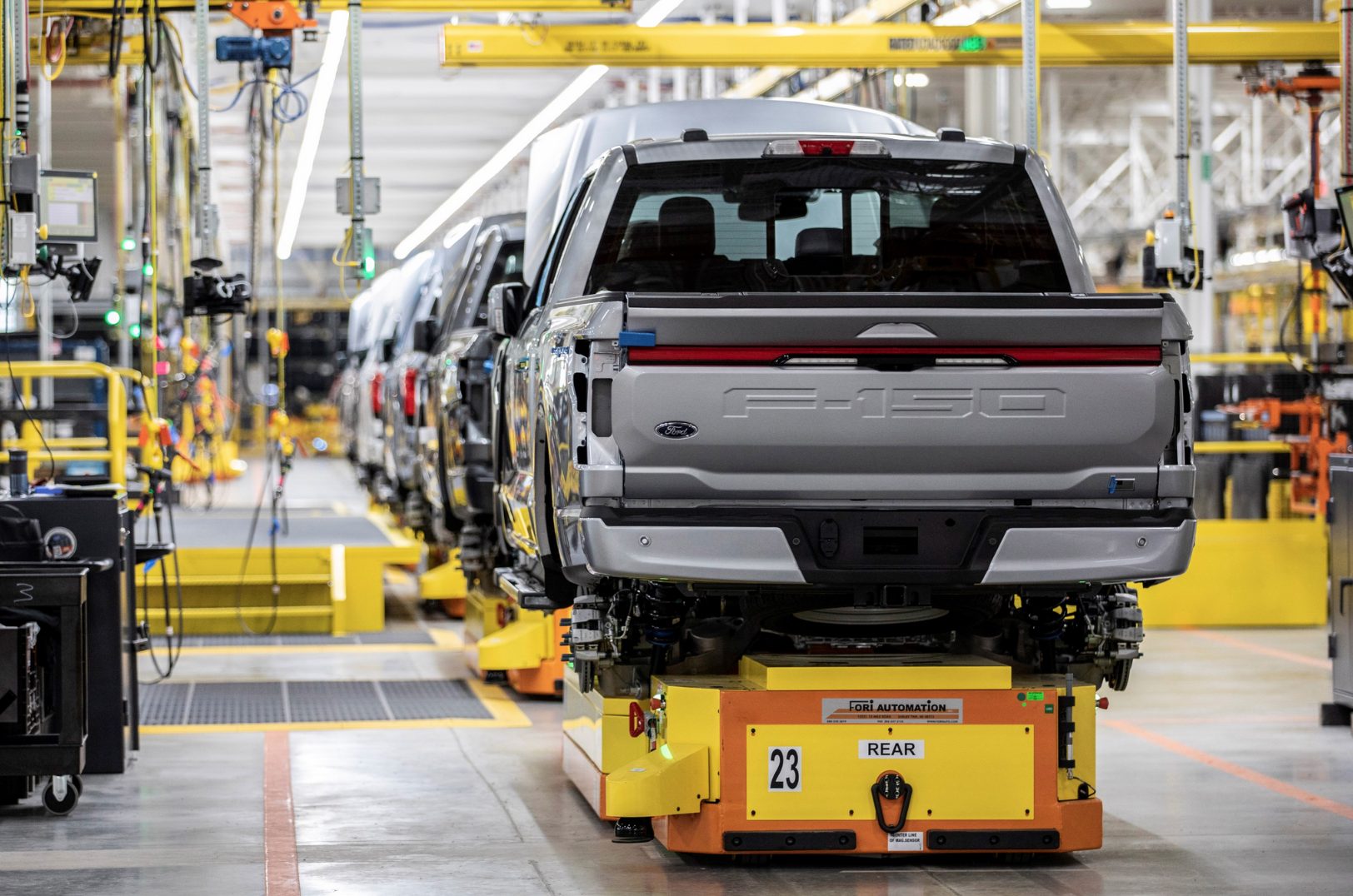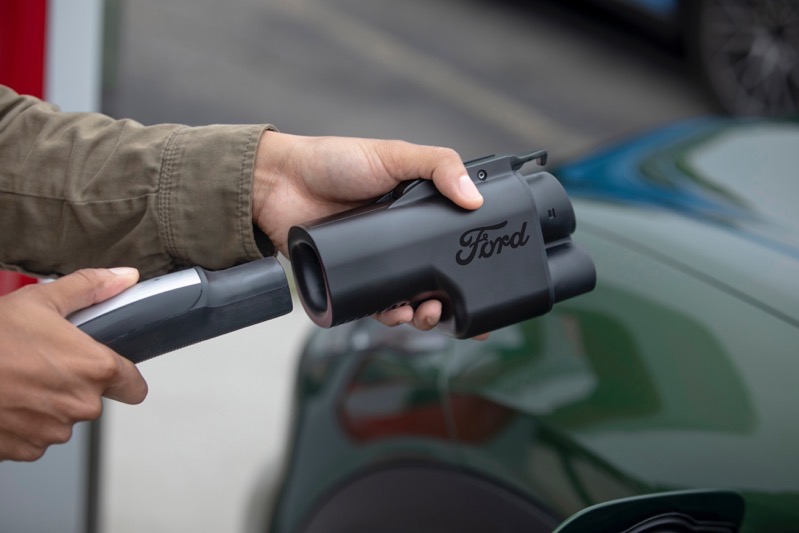Ford, GM and Stellantis Say Canada Needs Millions of EV Charging Stations

The Canadian government has earmarked almost $880 million CAD to build some 65,000 new charging stations for plug-in hybrid and battery-electric vehicles (BEVs).
However, an industry group made up of some of Canada’s biggest automakers says that is nowhere near enough, and the country actually needs millions of publicly available chargers — reports CBC News.
Brian Kingston, president of the Canadian Vehicle Manufacturers Association comprised of Ford, General Motors, and the new multinational automaker Stellantis, said that a comprehensive, national EV charging network needs years of careful planning and hefty investments.
“We haven’t done the planning and we haven’t put the investment into a charging network,” he said. The CVNA represents brands such as Dodge, Jeep, and Chrysler.
Canada wants 100% of all new car sales in the country to be zero-emissions vehicles (ZEVs) by 2030.
Ford, GM, and Stellantis will be investing a combined $100 billion USD in electrifying their product catalogs over the next few years and the federal government is working on retooling the EV rebate program, but that only one solves one side of the equation.
The other side is making reasonably fast EV charging stations available for the Canadian people when and where they need them so people don’t have to think twice about going electric.
Kingston says nobody appears to be taking the lead in making sure that happens or determining just how much electricity, or how many charging stations, the country will need for that to happen.
Canada currently has about 15,000 public and semi-private EV chargers, with at least another 2,000 in various stages of construction with public funding.
Natural Resources Canada has another $180 million CAD set aside in the existing budget to build an additional 17,000 or so locations during the next three years, and regularly funds both residential and public charging infrastructure projects.
Furthermore, the Liberals have promised to invest another $700 million in building 50,000 new charging stations across Canada by 2026.
According to Kingston, however, that won’t even be enough to keep up with the growing demand for EVs in Canada — according to a recent study, nearly 70% of Canadians plan to buy all-electric in the next 5 years — let alone meet benchmarks from other regions.
To keep pace with Europe’s goal of having one public charger for every 10 EVs, Canada will need almost four million chargers by 2050, said Kingston. To get to California’s goal of one for every seven vehicles, the country will need to build a whopping six million chargers by 2050.
A recent study commissioned by Natural Resources Canada found that Canada will need, on average, one charger for every 20 EVs by 2025. After EV adoption picks up and there are even more of them on the streets, that ratio will fall to about one in every 49 vehicles by 2050.
“It’s obvious that we don’t have an ambitious enough plan to build charging infrastructure,” said Kingston. According to him, overbuilding is needed at first to encourage EV adoption in the country.


Why don’t we (the Canadian Government is us isn’t it?) require these OEMs to put in those chargers the way Tesla has? Tesla’s network is the largest in the world, the easiest to use, the cheapest and all that from an upstart, a company that for all intents and purposes was “drowning” in red ink until their Model 3 took off only 3 years ago. Ford, GM, Stellantis had the same data sources that Tesla had but chose to continue with their compliance strategy instead of becoming industry leaders here. Now, we are expected to foot the bill to help them catch up? At the very least, they should have to share in the cost of these chargers, anything else is basically an unfair subsidy. Conversely I suppose we could maybe make a market share proportion of those chargers Tesla Super Chargers and save Tesla the cost of building them.